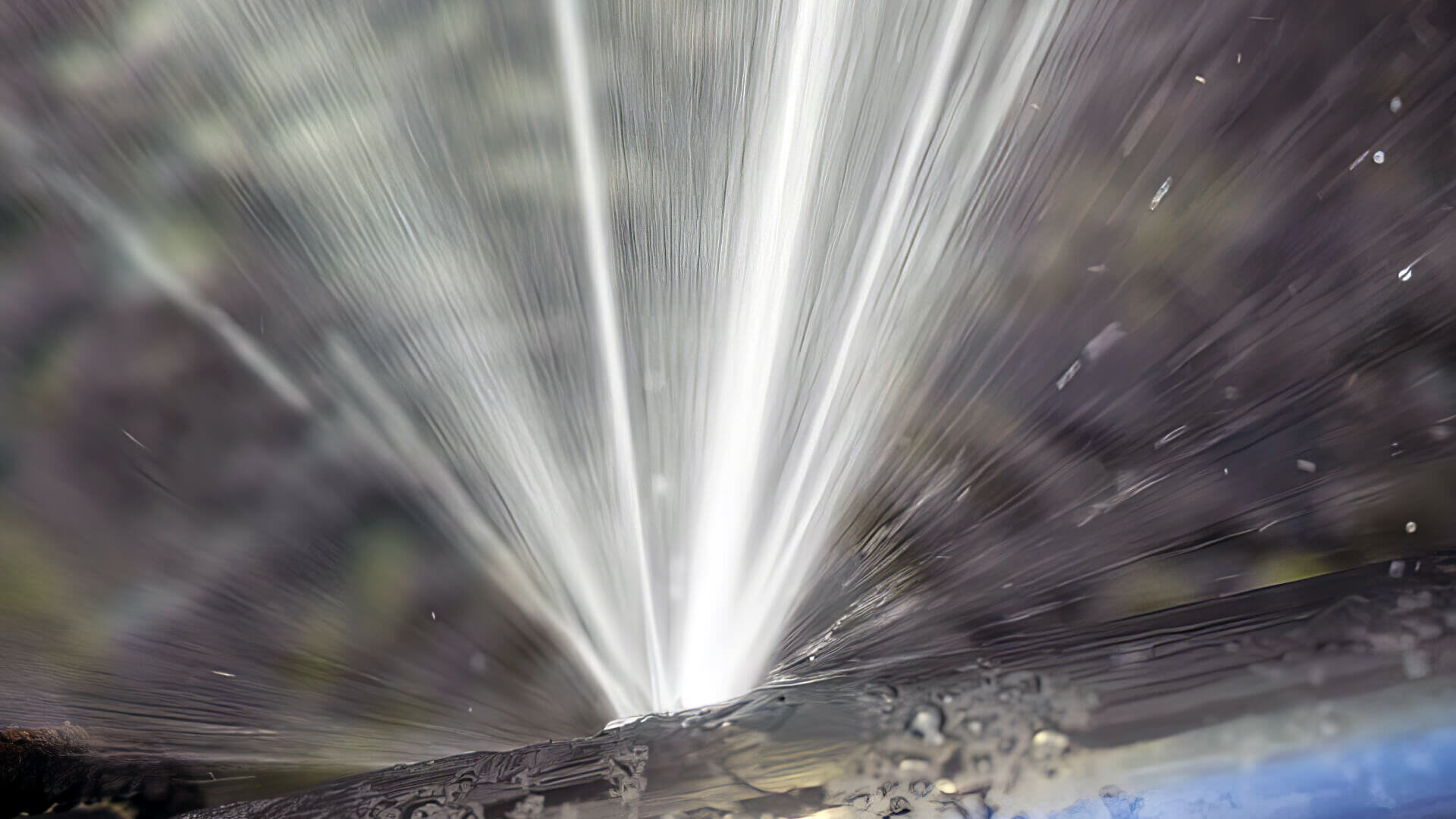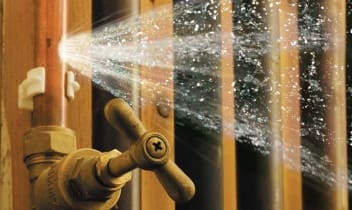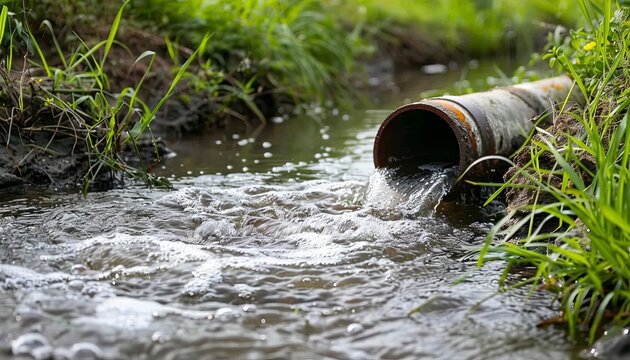Preventing a Burst Pipe: Tips for Protecting Your Plumbing During Winter
Preventing a Burst Pipe: Tips for Protecting Your Plumbing During Winter
Blog Article
Preventing Burst Water Lines: Crucial Tips to Shield Your Pipes
Protecting against burst pipes is a critical worry for home owners, particularly during chillier months when the threat of cold is enhanced. Implementing strategic steps such as appropriate insulation, regular examinations, and keeping regular interior temperature levels can considerably decrease the possibility of pipe failure.
Understand Pipe Vulnerabilities
Understanding pipe vulnerabilities is important for efficient plumbing maintenance and avoiding costly damage. Numerous variables add to the sensitivity of pipes to bursts, including product make-up, age, and environmental problems. Older pipes, particularly those made from galvanized steel or polybutylene, commonly deteriorate in time, resulting in enhanced threat of ruptures and leakages.
Temperature level changes can likewise significantly influence pipeline stability. In colder environments, water caught in pipes can ice up, exerting and broadening pressure on the pipeline walls, which might eventually result in a ruptured. High water stress can strain pipelines, particularly at bends and joints, heightening the chance of failure.

Insulate Pipeline Correctly
Appropriate insulation of pipes is important for preventing freezing and succeeding ruptureds throughout cool weather (burst pipe). Insulating your plumbing system effectively safeguards against temperature goes down that can bring about pricey damages. Begin by recognizing at risk locations where pipelines are subjected to outside temperatures, such as basements, attics, and exterior wall surfaces
Usage foam pipeline insulation sleeves or wrap insulation tape around these areas to provide a safety obstacle. Make sure that all sections of the pipes, specifically those with minimal warmth direct exposure, obtain appropriate insulation. Pay special attention to joints and installations, as these are a lot more prone to freezing.
When shielding, it's essential to pick products that meet neighborhood building ordinance and are appropriate for the details setting. Fiberglass insulation is usually advised for its thermal resistance residential properties. In addition, think about making use of warm cords or tape in severe conditions, which can be connected in to offer supplemental warm
Frequently inspect protected pipes for any type of signs of wear or damages, as jeopardized insulation can decrease its performance. By taking these proactive actions, you substantially reduce the risk of pipeline ruptureds, guaranteeing a dependable plumbing system throughout the cold weather.
Maintain Constant Temperature
A steady indoor temperature is important for avoiding burst pipes throughout the icy months. When temperature levels drop, water within pipes can ice up, creating and broadening stress that might inevitably cause the pipes to ruptured. To alleviate this danger, homeowners should keep a constant temperature throughout their living room, preferably no less than 55 ° F(13 ° C)Using a programmable thermostat can help manage indoor temperature levels successfully, making sure that spaces with plumbing remain warm even when your house is unoccupied. Pay unique attention to locations that are much more susceptible to cool, such as basements, attics, and garages. Maintaining cupboard doors open under sinks can also allow warmer air from the home to flow around plumbing.
On top of that, it is prudent to allow taps to drip slightly during extreme cool spells. This small flow of water can stop cold by reducing pressure within the pipelines. During especially serious climate occasions, take into consideration momentarily putting on hold any kind of nighttime setbacks on your thermostat click over here to maintain a steady warm environment. By implementing these techniques, property owners can substantially minimize the danger of pipe bursts and protect their plumbing systems versus the rough winter months components.
On A Regular Basis Check Plumbing
Normal assessments of plumbing systems are crucial for protecting against burst pipelines and preserving read more overall home honesty. Routine checks allow home owners to determine possible problems prior to they escalate right into costly fixings or major water damages. During these inspections, it is necessary to analyze noticeable pipes for indicators of corrosion, leakages, or wear. Pay unique focus to areas vulnerable to freezing, such as cellars, attic rooms, and exterior wall surfaces.
Additionally, checking links and joints is important, as these factors are often vulnerable to leakages. Home owners should likewise evaluate water stress levels, as excessive pressure can stress the plumbing system and raise the danger of pipeline ruptureds.
Take into consideration organizing expert plumbing examinations at the very least once a year, especially prior to wintertime, to ensure your system is prepared for cooler temperature levels. By being proactive in your approach, you can guard your home versus the turbulent and costly effects of ruptured pipelines.
Know Emergency Treatments
Recognizing emergency situation procedures is essential for every property owner, specifically after conducting routine pipes inspections. Being prepared for a plumbing emergency situation can significantly reduce damages and conserve prices.
Following, maintain essential tools helpful. A pipes emergency kit need to consist of a wrench, bettor, and towels, as well as a flashlight and a bucket for small leaks. Additionally, consider having the contact information for a trusted plumbing easily available, ought to the circumstance escalate beyond your control.
If you identify a leakage or ruptured pipe, immediately shut off the supply of water and notify your plumbing. Furthermore, document the damages with pictures for insurance policy functions. burst visit pipe. Know the signs of possible pipes issues, such as uncommon water stress changes or damp spots on walls
Inevitably, positive knowledge and swift activity are vital in handling plumbing emergency situations, ensuring your home continues to be secured and reducing possible damage.

Conclusion
In conclusion, preventing ruptured pipelines requires a multifaceted approach that consists of understanding pipe vulnerabilities, correct insulation, preserving regular interior temperatures, routine examinations, and understanding of emergency treatments. By carrying out these vital techniques, the threat of pipes failures can be dramatically minimized, thereby making certain the durability and efficiency of the pipes system. Proactive actions not just secure against possible damage yet also add to overall water preservation and the protection of property.
In chillier environments, water caught in pipelines can freeze, putting in and increasing pressure on the pipe wall surfaces, which may eventually lead to a ruptured. When temperatures decrease, water within pipelines can freeze, broadening and developing stress that may inevitably trigger the pipelines to ruptured. By implementing these methods, homeowners can considerably lower the risk of pipe bursts and secure their pipes systems versus the harsh wintertime aspects.

Report this page